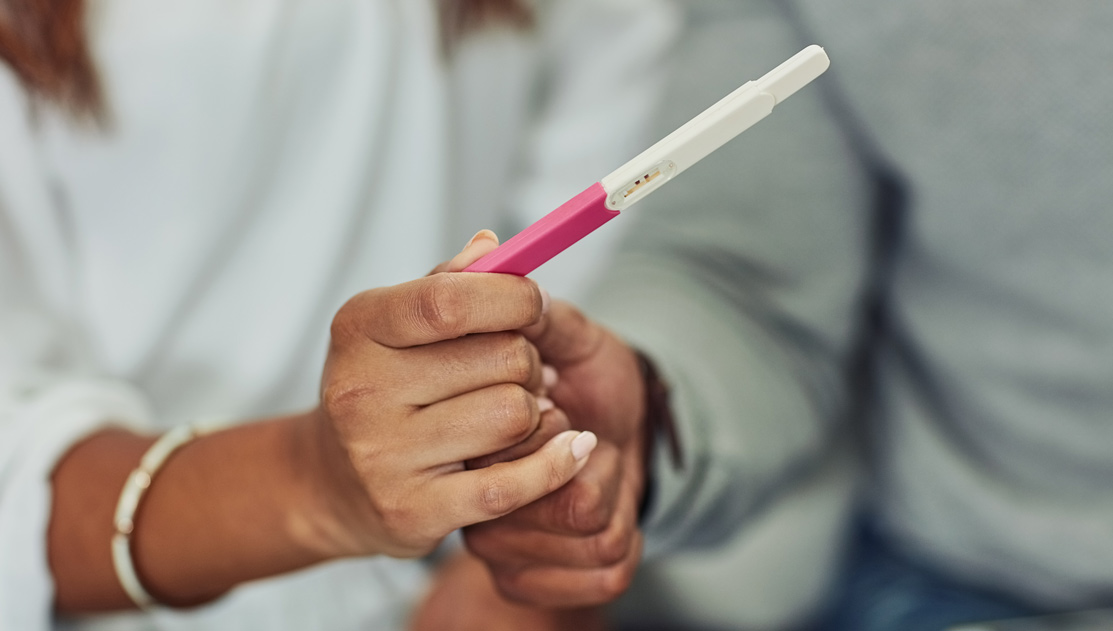Has your IVF failed previously?
Official figures from the HFEA show that IVF is successful in 29% of cases under the age of 35. A failed IVF cycle (or multiple failed cycles) can leave individuals and couples feeling devastated, frustrated and angry – after all, IVF is not only physically taxing but emotionally demanding.
An unsuccessful IVF cycle, however, can provide vital information to the consultant about the embryos, yourself, and your partner. It can be an opportunity to discover and resolve any potential issues in order to help your chances of success with further IVF cycles.
Dr Amin Gorgy, Fertility Consultant here at The Fertility & Gynaecology Academy, specialises in complex cases of recurrent IVF failure cases, where patients have previously been unable to get pregnant. “We don’t believe that couples are just unlucky. I regularly see patients who have already undergone IVF cycles with other clinics and have been told they are not going to get pregnant and to give up. Although there is no guarantee, the extra tests and investigations we carry out at the clinic here in central London give hope to patients who have been told otherwise. We are very sensitive to all our patients and understand how heartbreaking it can be when fertility treatment doesn’t work, but in most cases there are additional tests that can be carried out to help discover underlying issues to help increase your chances of a successful cycle.”
If you’ve had a failed IVF cycle, it’s important to talk to your fertility consultant to get more information on why the cycle failed so you can work together on a better informed treatment plan.
There are many reasons why an IVF cycle may fail, but some of the most common reasons include the quality of the embryo, the age of the eggs, problems with the sperm, chromosomal issues, lifestyle and issues with ovarian response. Having said that, the reason isn’t always obvious.
Depending on which test(s) and treatment you’ve had previously, the first step may involve a suggestion for further testing to try to get to the root of the problem before undergoing more treatment. Once test results are in we book in a follow-up consultation with patients where we put together a personalised treatment plan based on the test results to help ascertain the best course of action. We only use real data to help you achieve your dream of becoming parents.
Video: Treating Recurrent IVF Failure.
Here at The Fertility & Gynaecology Academy we look hard and deep to find reason behind the failure and/or miscarriage. In fact, we are renowned for our success with difficult to treat cases.
The range of tests we offer to help determine the cause of implantation failure include immune testing, infection screening, assessment of uterine cavity, karyotyping and sperm assessment:
Immune testing can be a useful tool for analysing immune system balance. The balance of the immune system can adversley affect the functions of the body, making the environment of the uterus not suitable for supporting an embryo or growing baby, resulting in miscarriage. We specialise in providing immune supportive therapy which is customised, and can, in our experience, help improve the chances of a successful IVF cycle.
Infection screening involves taking a series of vaginal swabs, testing menstrual blood and also semen for any infections or bacteria that could be impacting your IVF cycle. The common STI chlamydia is just one infection that can impact your immune system and make the uterine environment hostile for embryos. Any infections are treated as needed (usually with antibiotics) before any further rounds of IVF are started.
Assessment of the uterine cavity may be recommended as a way of discovering polyps, fibroid and scar tissue which can affect pregnancy rate. It is also referred to as saline infusion sonography or an aqua scan. It’s a simple test which involves injecting a saline solution into the uterus using a thin catheter to check for any abnormalities that could be affecting the IVF cycle and implantation success. If the aqua scan highlights any potential issues, a hysteroscopy can then be performed to provide closer inspection of the inside of the uterus. This is a procedure which uses a thin telescope with a camera and light on the end to examine any anomalies from the aqua scan so that issues can be correctly diagnosed and a treatment plan put into place.
Karyotyping examines the chromosomes of both partners. Blood samples are tested in order to identify any potential chromosomal problems which could be causing IVF cycles to fail. Incomplete chromosomes or problems with DNA with the egg or sperm can lead to implantation failure or miscarriage. If any issues are found we are then able to carry out further checks on any embryos for chromosomal issues before transfer back to the womb, so only the good ones are implanted to reduce the chance of miscarriage or failed IVF.
Sperm DNA fragmentation: If there is increased percentage DNA breaking down or immaturity in the head of the sperm the male partner is given advice on lifestyle in addition to vitamins and antioxidants. We also implement specific sperm selection techniques like IMSI or PICSI to choose the right sperm to inject into the eggs if the treatment plan is an IVF/ICSI cycle.
To discuss your IVF journey or previous IVF failures with Dr Gorgy, call our admin team now on 020 7224 1880 to book an initial consultation. Alternatively, you can email us at info@fertility-academy.co.uk and a member of our team will be in touch.







